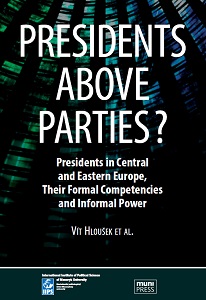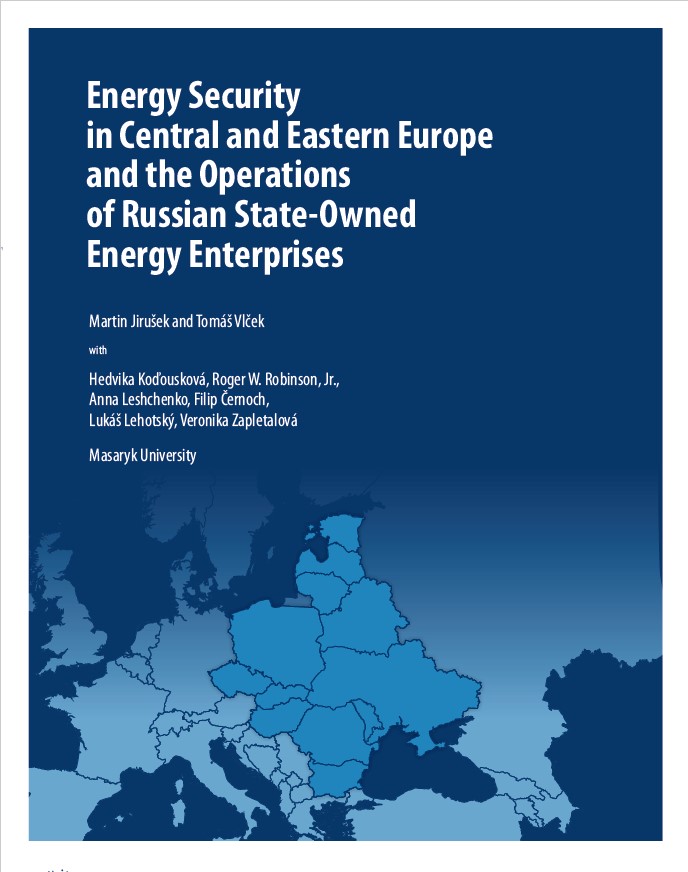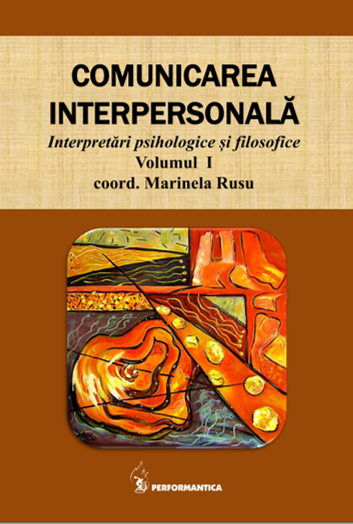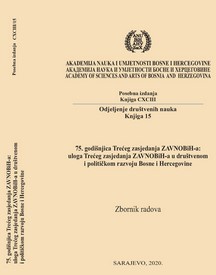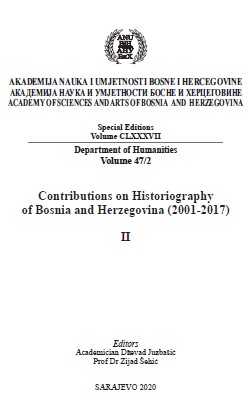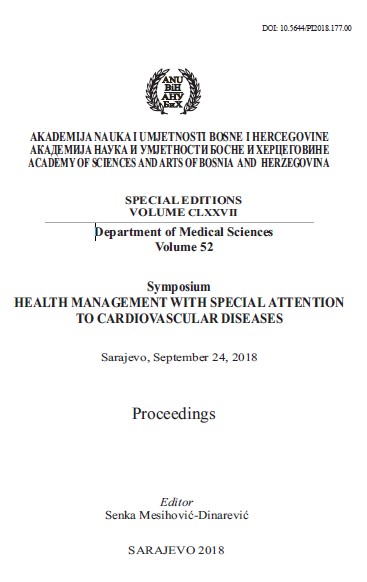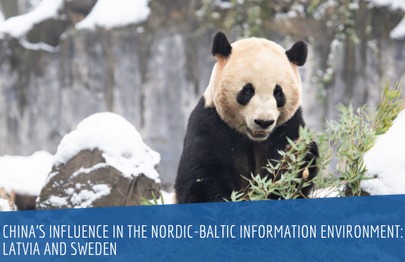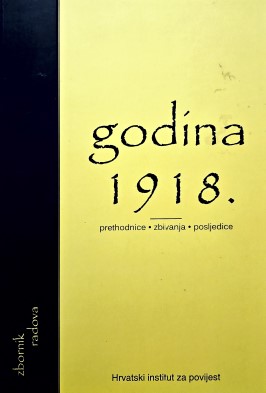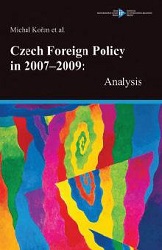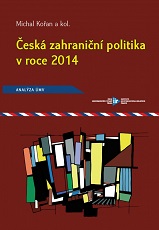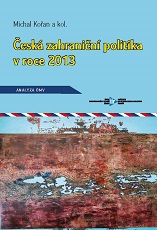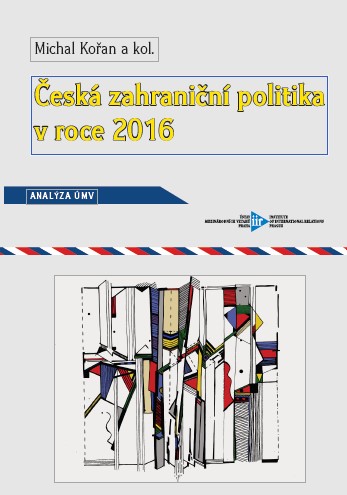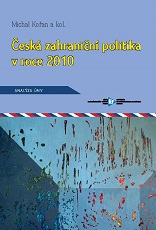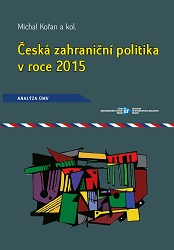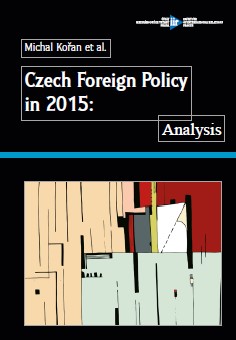Author(s): / Language(s): Czech
Since 2007 the Institute of International Relations continuously analyzes the Czech foreign policy, and it has released 10 analytical monographs on it (including this one) in both Czech and English language variations. The analytical framework remains the same over all these years (though there was a major addition to it in 2013), which provides a unique opportunity for a long-term comparison of how the foreign policy changed over the years. With this insight in mind, the authors can say that 2014 was the most remarkable year for this analytical series since the time that it started and – perhaps – one of the most remarkable years in the history of the Czech Republic as such. Both domestic (e.g. the change of the Czech government) and international factors (e.g. the violent development in Eastern Europe and the increasingly aggressive Russian behavior) contributed to the fact that the domestic political and public interest in foreign policy reached recorded levels that were previously unheard of. In the past, the authors criticized the overwhelming disinterest in foreign policy matters on the part of the politicians and the public in the Czech Republic. However, the heightened, if aroused, political and public attention to foreign policy cannot be rendered exclusively – or even predominantly – as a positive and constructive feature of the foreign policy in 2014. This is not to say that in the long term, the increased interest in the foreign policy, if sustained and managed in a conscious and responsible way, will not yield a fruitful result in the future. But the nature of the political and public con-text of the foreign policy in 2014 further exposed the immaturity and irresponsibility of the politics of the Czech foreign policy. As mentioned, the books’ structure has been the same since 2007. The first two chapters analyze the overall domestic political and media context of the Czech foreign policy and identify the influence and involvement of each of the main actors in it. The second part focuses on the Czech acting within the European Union and the Czech security and defense policy. The third part analyzes the main development and dynamics of the Czech policies in Central Europe. The fourth section maps out various important bilateral and regional relations, and the fifth part analyzes the participation of the Czech Republic in other multilateral and thematic areas. Furthermore, all the chapters follow a unified analytical structure. Each chapter begins with the political and conceptual context of the discrete analyzed field. In the second part of each chapter, a specific agenda and some events of the examined year, as well as their impact on and relevance for the Czech foreign policy, are analyzed. Most of the authors also included an analysis of the involvement of the different ac-tors in the monitored area and also the media coverage of the given topic. With the support of the Czech Grant Agency, the team of the authors has enriched the conceptual framework in 2013 by adding several further analytical categories that would allow them to qualitatively improve the theoretical knowledge of foreign policy-making. Also, thanks to the deepened cooperation with the Ministry of Foreign Affairs, for the second year now, the IIR’s analysis also includes an overview of the diplomatic activities of the main Czech foreign policy actors. In 2013, several questions were added to our research repertoire in order to develop a new conceptual framework for explaining the foreign policy of small and medium-sized states, as well as a more general explanation of the Czech foreign pol-icy as such. The set of new questions consists of the following: In what areas did the Czech Republic carry out a pro-active or a re-active policy (or no policy at all), and how successful was it in this respect? Why did it carry out these policies? In what areas did a polarization and a politicization of the foreign policy-making agenda occur, and what impact did these factors have on the Czech foreign policy? How does the Czech Republic react to challenges coming from outside the regional/international/global environment, and why? And how is the Czech Republic itself trying to influence the environment?
More...
